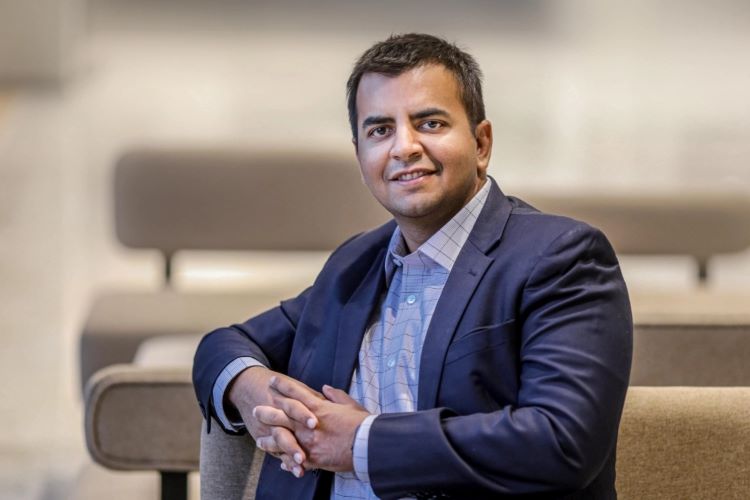Nandini Roy Choudhury, writer
Brief news
- Chelsea Manning emphasizes that censorship is a significant threat and advocates for a decentralized internet to enhance online privacy and safety.
- She proposes decentralized identification as a solution for individuals to manage their own data, moving away from reliance on tech companies.
- Manning notes that the current information landscape complicates the roles of secrecy and transparency, with governments focusing more on misinformation.
Detailed news
According to Chelsea Manning, a former intelligence analyst for the U.S. Army, censorship remains a “dominant threat.” She is in favor of a more decentralized internet in order to better safeguard individuals online.
Her comments are made in the context of ongoing tension associated with online safety regulations, as some technology executives have recently attempted to protest content moderation concerns.
Manning suggested that “decentralized identification” could be a potential solution to protecting online privacy during an interview with CNBC’s Karen Tso at the Web Summit tech conference in Lisbon, Portugal, on Wednesday. This approach would allow individuals to manage their own data.
“Censorship is a predominant threat.” Manning stated, “I believe that the issue is primarily about the identity of the individual responsible for the censorship and the intention behind it. Additionally, censorship in the 21st century is more about the degree to which one is influenced by an algorithm and the manner in which this is refined.”
She further stated, “I believe that social media and the monopolies of social media have acclimated us to the idea that certain engagement-generating activities will be appealing.”
“One method of countering this is to revert to the more decentralized and distributed internet of the early 1990s, but to make it accessible to a broader audience.”
Manning responded that there would need to be “a better social contract” established to regulate the sharing and access of information in order for tech companies to generate revenue in such a situation.
Manning explained that distributed or decentralized identification allows users to independently “check the box” through encryption, rather than relying on the company to provide them with a checkbox or a “accept” option. This decision is made from a technical standpoint.
Secrecy and transparency are no longer mutually exclusive.
Manning, a security consultant at Nym Technologies, a company that specializes in online privacy and security, was convicted of espionage and other charges at a court-martial in 2013. They were convicted of leaking a trove of classified military files to online media publisher WikiLeaks.
In 2017, she was released from prison after her sentence was commuted by former U.S. President Barack Obama. She was originally sentenced to 35 years in prison.
Manning responded, “We are in an intriguing era due to the ubiquitous availability of information,” when asked to quantify the extent to which the current environment has impacted disclosures. We possess an unprecedented amount of information.
She further stated, “Countries and governments appear to no longer allocate the same amount of time and effort to concealing information and maintaining secrets.” Countries appear to be investing an increasing amount of time and energy in the dissemination of misinformation and disinformation.
Manning stated that whistleblowers are currently faced with the task of sifting through the information to determine what is verifiable and authentic.
“It is no longer a matter of secrecy versus transparency,” she continued.




